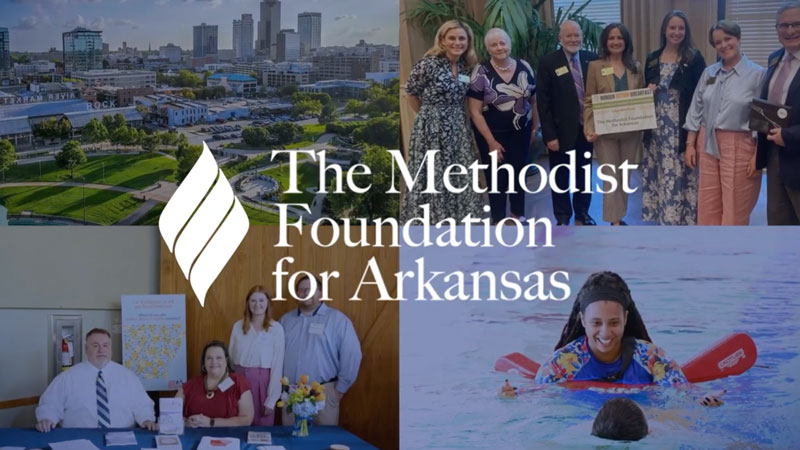By Rev. Eva Englert-Jessen
There are many things I love about the Methodist church. I love the Wesleyan understanding of grace that always invites us into a deeper relationship with God, ourselves, and all of creation. I love our commitment to mission and service. I love how connectional we are.
But if I had to name a favorite thing about the Methodist Church that feels quintessentially Methodist, it is less about how we are structured or what we believe and more about how we gather: I love a Methodist church potluck. I grew up on church lady green bean casseroles and gelatinous puddings.
Something about being at the table together with food reminds us of who we are. Jesus himself often revealed who he was and what his mission was through food and the land: telling parables using gardening metaphors, feeding five thousand with simple fish and bread, and inviting himself to dinner with people whom most of us would rather avoid. Jesus set the table and offered bread and wine, even to those who would betray, deny, and forget him in his time of most dire need.
The Methodist Foundation for Arkansas recently sponsored more than a dozen lay and clergy leaders from various Methodist churches across the state for the annual Fall 2022 Convocation at Perkins School of Theology at Southern Methodist University in Dallas, TX. This year’s theme was Food & Faith, which was powerful.
Among the most meaningful parts was a conversation, song, and meal hosted by an organization called Break Bread, Break Borders: Catering, which provides culinary opportunities for refugees (often from war-torn regions of the world) and cross-cultural experiences for diners and supporters. A group of incredible women exiled from Syria and Afghanistan due to war and violence shared their stories of hardship and the journey they had to make for the safety and well-being of their children.
While they told of the grief and sorrow associated with leaving their homelands, they also shared the things that could not be taken from them: their dignity and their recipes. It was a gift from God to hear their stories and eat their delicious food, which transported us to their families, traditions, and hearts.
We also heard from Dr. Norman Wirzba, a Duke Divinity professor who teaches theology, food, and ecology classes. He moved me profoundly with an important invitation- If churches are among the few remaining public spaces where we can gather across generations, and if food is the most common way that we interact with creation and our bodies— then churches can re-prioritize care for bodies, including non-human bodies, as a fundamental part of what it means to be the body of Christ.
Churches are very good at feeding hungry people. But what if we explored how the act of eating itself—particularly eating together as a community of God’s beloved—is a crucial part of our calling as well? What if eating together at a table grounds us in Christ’s call to be part of his literal body? What if that transforms our churches, communities, and world?
In this age of challenges in our church and world, centering food and creation as primary aspects of our discipleship can yield creative harvests and encounters. What if our churches can be sites of healing and hope for all who experience exile and hardship? What if simple acts of breaking bread and holy conversation can help us understand better who God has made us to be in this time and age? The field is vast, friends. What an opportunity we have been given.
Rev. Englert-Jessen is the Pastoral Care Director for Methodist Family Health.



